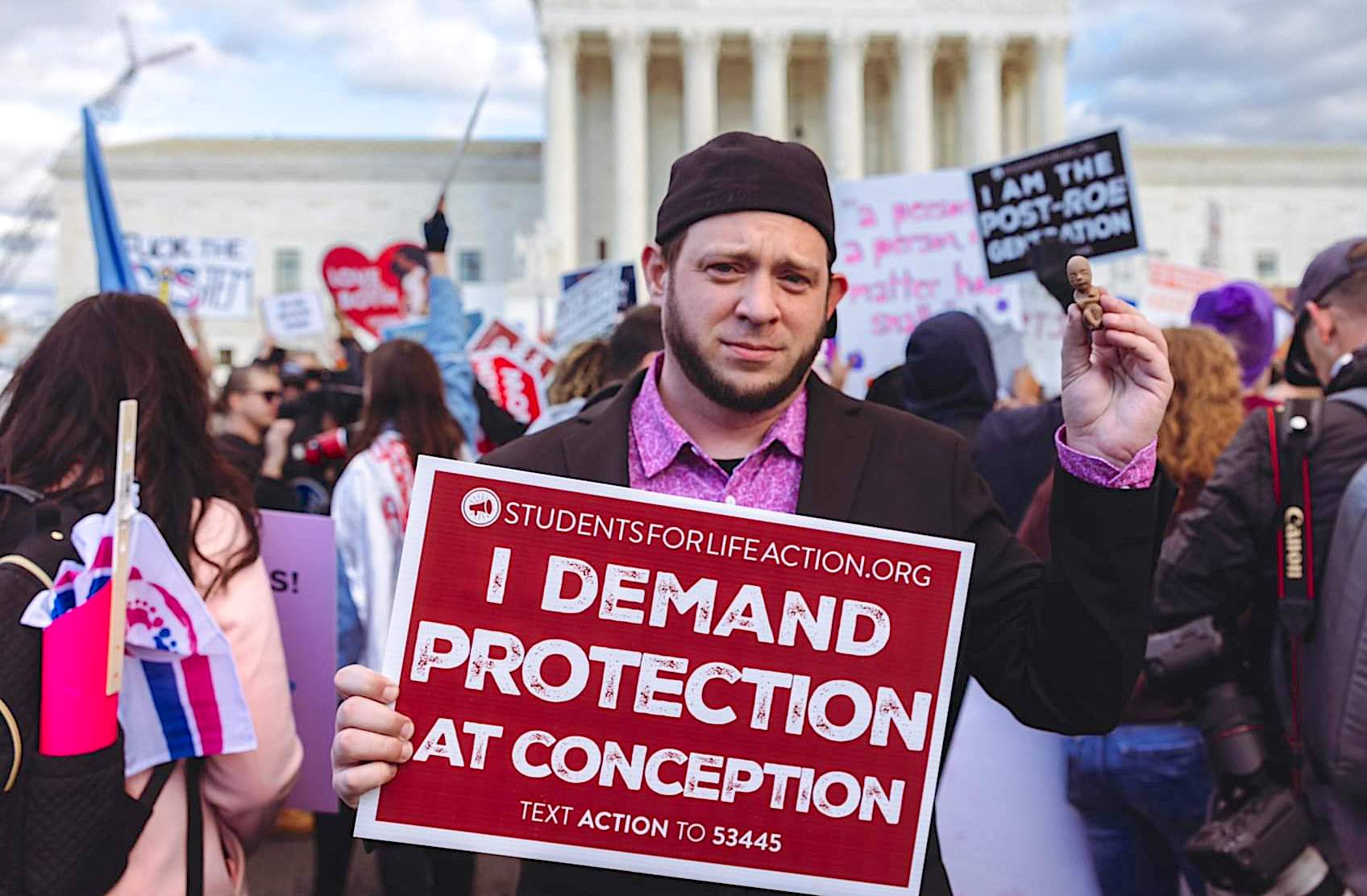Letter to the Editor: How could sanctuary city ordinance, which requires compliance with federal statutes, be illegal?

On Tuesday, the Quincy City Council will be considering an ordinance which would make Quincy a “sanctuary city for the unborn.” While the ordinance does not contain the phrase, it will produce that same effect — offering as much protection for unborn children that we believe is possible within the city limits of Quincy.
Two City Council members who have expressed opposition to the measure are 7th Ward aldermen Ben Uzelac and Jack Holtschlag. They said they believe that such an ordinance would “represent an unnecessary intrusion of government into deeply personal healthcare decisions.”
The legislation being considered by the city council is not anything new, however. The ordinance being considered is one simply titled “Requiring Compliance with Federal Abortion Laws.” The ordinance recognizes that, in 18 U.S.C. §§ 1461–62, federal law imposes felony criminal liability on every person who ships or receives abortion pills or abortion-related paraphernalia in interstate or foreign commerce.
As City Council members bound by oath to support and defend the Constitution of the United States, the statutory provisions codified at 18 U.S.C. §§ 1461–62 are the “supreme Law of the Land” under Article VI of the Constitution and must be obeyed and respected by every person within the city of Quincy and by every judge in the state of Illinois.
The United States Constitution, under article VI, states, “The laws of the United States … shall be the supreme law of the land; and the judges in every state shall be bound thereby, any thing in the Constitution or laws of any state to the contrary notwithstanding.”
While I do understand that the state of Illinois passed the Reproductive Health Act in 2019, that does not change the fact that Congress passed the Comstock Act in 1873. The Reproductive Health Act must work within the confines of the Comstock Act. The laws of Illinois do not and cannot secure a right, privilege or immunity to act in violation of federal criminal statutes such as 18 U.S.C. §§ 1461–62, or to engage in criminal or racketeering conduct as defined by federal law. The Reproductive Health Act of 2019 does not “trump” the Comstock Act of 1873.
The provisions of the Comstock Act, which prohibit the mailing and receiving of abortion-inducing drugs and abortion-related paraphernalia, are pro-women laws which seek to protect women and their children. Abortion does not empower women. Abortion takes away motherhood, which has been declared by many to be the most empowering aspect of womanhood.
I understand that Uzelac and Holtschlag believe Quincy’s proposed legislation is illegal, but how could an ordinance which simply requires compliance with federal statutes be illegal? Do they really believe Quincy following laws passed by Congress would be illegal? If they believe these laws passed by Congress are “illegal,” then what other laws passed by Congress do they believe are illegal?
To me, it sounds like Uzelac and Holtschlag are committed to the pro-abortion ideology more than they are committed to the Constitution and the laws of the United States.
If the “Sanctuary City for the Unborn” ordinance passes and brings litigation from the state of Illinois, it will play out in the courts. If this were to happen, former Solicitor General of Texas Jonathan F. Mitchell has agreed to represent the city of Quincy at no cost to the city or taxpayers for any litigation which may arise from their passage of this “Comstock” ordinance.
The city of Danville passed in May a similar ordinance, which only goes into effect when the city of Danville “obtains a declaratory judgment from a court that it may enact and enforce an ordinance requiring compliance with the abortion-related provisions of 18 U.S.C. § 1461 and 18 U.S.C. § 1462, however those statutes are interpreted by the court, and the declaratory judgment becomes final upon the conclusion of direct appeals.”
This ordinance, which contains the same “trigger” provision, serves as a strong deterrent. If the ordinance passes, the Quincy City Council could choose to initiate that process for the “trigger” provision to go into effect. If Illinois Attorney General Kwame Raoul ever decided to take action against the city of Quincy for the passage of such an ordinance, he could be risking the end of abortion — not just in all of Illinois but in all 50 states. This is because the Comstock Act of 1873 really is a federal de-facto abortion ban.
Unborn children are human beings made in the image of God. We have seen their ultrasounds. We have heard their heartbeats. What more do we need to stand up and do our part to fight for their right to life?
Mark Lee Dickson
Longview, Texas
Mark Lee Dickson serves as a director with Right to Life of East Texas and the founder of the Sanctuary Cities for the Unborn initiative.
Miss Clipping Out Stories to Save for Later?
Click the Purchase Story button below to order a print of this story. We will print it for you on matte photo paper to keep forever.

